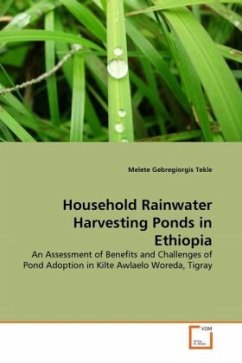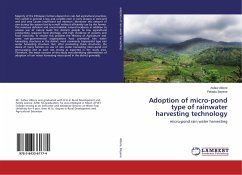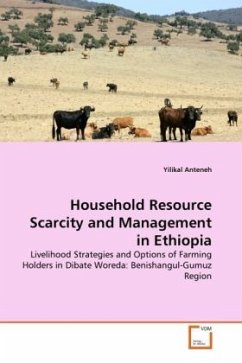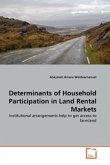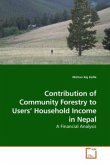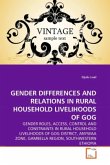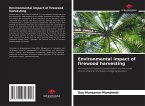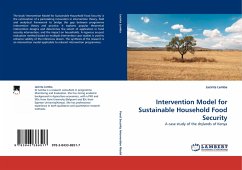Agriculture in Tigray is characterized by small scale subsistence rainfed farming with low productivity emanated from poor resource base, high spatial and temporal variability of rainfall; and severe environmental degradation that resulted in high level of food insecurity in the region. The regional government of Tigray has designed an integrated food security program to improve agricultural productivity and tackle the prevailing food insecurity. Construction of household rainwater harvesting ponds was one of the interventions designed to address the problem of low productivity and enhance household food security. However, construction of household ponds and utilization of the stored water has faced challenges that hampered the intervention from fully achieving its intended objectives. This book,therefore, examines the contribution and challenges of adopting household rainwater harvesting ponds in Kilte Awolaelo woreda, Eastern Tigray. Possible suggestions are also made for further consideration which will assist implementers during introduction of new technology.
Bitte wählen Sie Ihr Anliegen aus.
Rechnungen
Retourenschein anfordern
Bestellstatus
Storno

